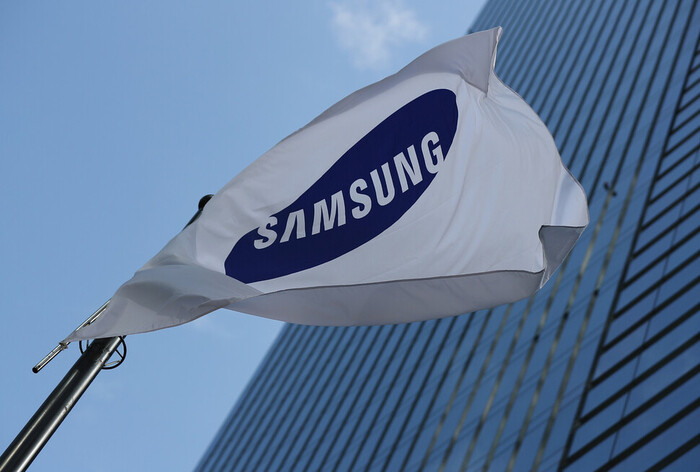
Korean companies are cautiously considering a potential return to the Russian market as peace talks between Russia and Ukraine gain momentum. While the possibility of renewed business activities is enticing, companies remain wary due to the uncertainties surrounding international sanctions and the evolving geopolitical landscape.
Increased Marketing Activities Signal Potential Return
Despite the ongoing conflict, there are signs that some Korean companies are already preparing for a potential return. Samsung Electronics, for instance, has reportedly increased its marketing activities in Russia by 30% in the first two months of this year compared to the same period last year. The number of advertisements has also seen a 10% rise compared to the last two months of 2024.
A Once Lucrative Market
The Russian market was a significant source of revenue for many Korean companies before the outbreak of the war in February 2022. Samsung Electronics, Hyundai Motor, and LG Electronics all enjoyed substantial market shares in Russia. However, the conflict and subsequent sanctions imposed by the United States and the European Union forced these companies to scale back or halt their operations in the country.
Challenges and Opportunities
The departure of Korean companies created opportunities for Chinese firms to fill the void. This means that even if sanctions are lifted, Korean companies will face increased competition upon their return. Moreover, the lingering uncertainties surrounding the political situation and the potential for future instability make it crucial for companies to adopt a cautious approach.
Strategic Considerations
While Samsung Electronics has denied any concrete plans for a full-scale return, the company has acknowledged that it is supplying products to its existing stores in Russia through parallel imports. Hyundai Motor, on the other hand, is closely monitoring the peace talks but remains noncommittal about repurchasing its former plant in St. Petersburg. The company sold the plant in December 2023 with a buyback option that expires later this year.
Other companies, such as LG Chem and POSCO International, have expressed interest in returning to the Russian market once the situation stabilizes. LG Chem, which has a sales office in Moscow, is eager to resume its exports of petrochemical products. POSCO International, which owns a grain terminal in Ukraine, is hopeful about the possibility of resuming operations and participating in reconstruction efforts.
The Future of Korean Business in Russia
The future of Korean business in Russia hinges on several factors, including the outcome of the peace talks, the extent of sanctions relief, and the overall geopolitical climate. While the potential for renewed business activities is promising, Korean companies must carefully weigh the risks and opportunities before making any major commitments. The Russian market remains an attractive destination for many Korean businesses, but a cautious and strategic approach is essential for success.
[Copyright (c) Global Economic Times. All Rights Reserved.]





























